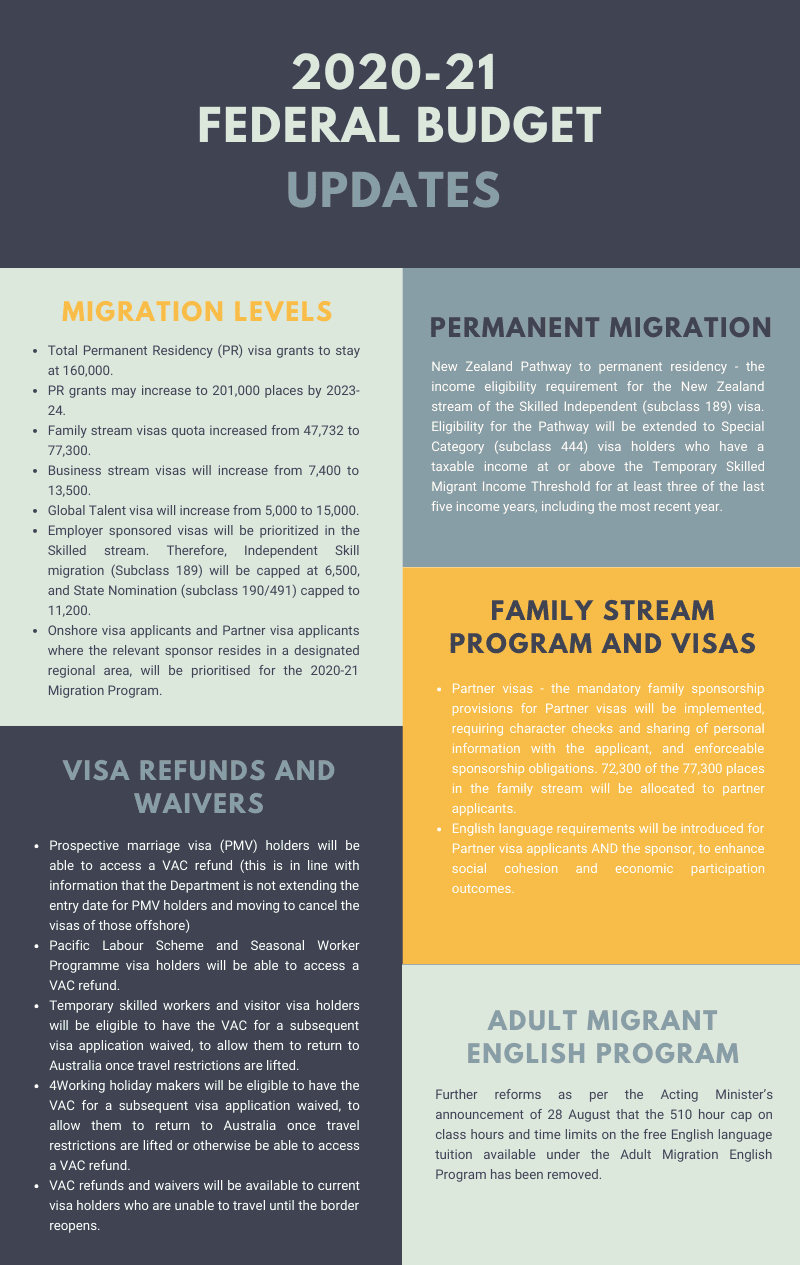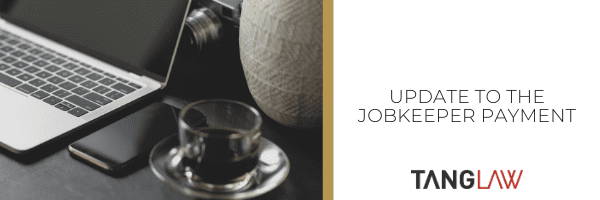Lockdown Announcement : We Continue Our Service
With the recent lockdown order from the WA State Government, our physical office will be closed and unattended from 1 to 5 February 2021. However, we will continue to operate and serve our clients as usual with our hardworking team working remotely from home. We are contactable as per usual via our emails and phone numbers.
We offer telephone and video consultation via Zoom. You may book your consultation with our lawyers via our website or simply by calling us on +618 9328 7525.
We will continue to provide support and assistance to our community during this unexpected challenging time.
Let us all work together to keep Western Australia safe.
Should you require any legal assistance, please contact us at +618 9328 7525.







